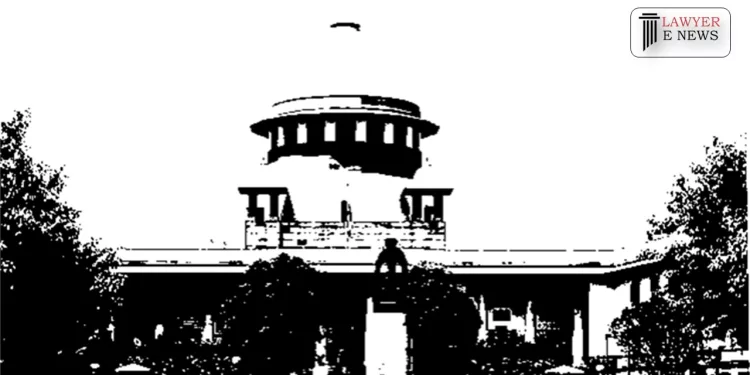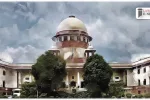“Supreme Court Grants Relief to Landlord in Eviction Suit, Ruling ’38 Years Beyond Limit Would be a Travesty of Justice'”

Today , In a significant ruling, the Supreme Court of India has granted relief to a landlord in an eviction suit that had been ongoing for a staggering 38 years. The Court ruled that requiring the landlord to restart the proceedings due to the initial five-year limitation on filing the suit would be a mockery of justice.
Justice Sanjay Kishan Kaul, while delivering the judgment, stated, “We cannot lose sight of the fact that we stare at a factual scenario where the vagaries of litigation have prolonged the suit proceedings for a period of 38 years. To say that the landlord should now, once again, restart the proceedings because the initial period of five years had not elapsed, even as now 38 years have elapsed, would be a travesty of justice.”
The dispute arose between the landlord, Mr. Ravi Khandelwal, and the tenant, M/s. Taluka Stores, over the eviction of a shop premises in Jaipur. The suit was initially dismissed by the Trial Court due to a procedural error, but the appellant succeeded in the first appeal before the Additional District Judge. However, the respondent filed a second appeal, raising a question regarding the interpretation of Section 14(3) of the Rajasthan Premises (Control of Rent and Eviction) Act, 1950.
The Division Bench of the High Court had endorsed the view that Section 14(3) created a complete prohibition on filing a suit for eviction within five years of the tenancy. However, the Supreme Court, after considering the objective of the provision and the extraordinary delay in the present case, ruled that the passage of time beyond the prescribed period washed away the initial impediment against the suit.
The Court further emphasized that the purpose of Section 14(3) was to protect the tenant for a specific period, and allowing the landlord to file a fresh suit after such a prolonged duration would lead to unnecessary multiplicity of litigation. Therefore, the Court affirmed the decree of eviction passed by the first appellate court, ordering the respondent to hand over vacant possession of the premises.
This judgment serves as a significant precedent, highlighting the need to balance the protection of tenants’ rights with the avoidance of undue prolongation of legal proceedings.
Date of Decision: July 11, 2023
RAVI KHANDELWAL vs M/S. TALUKA STORES






